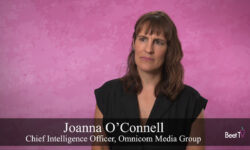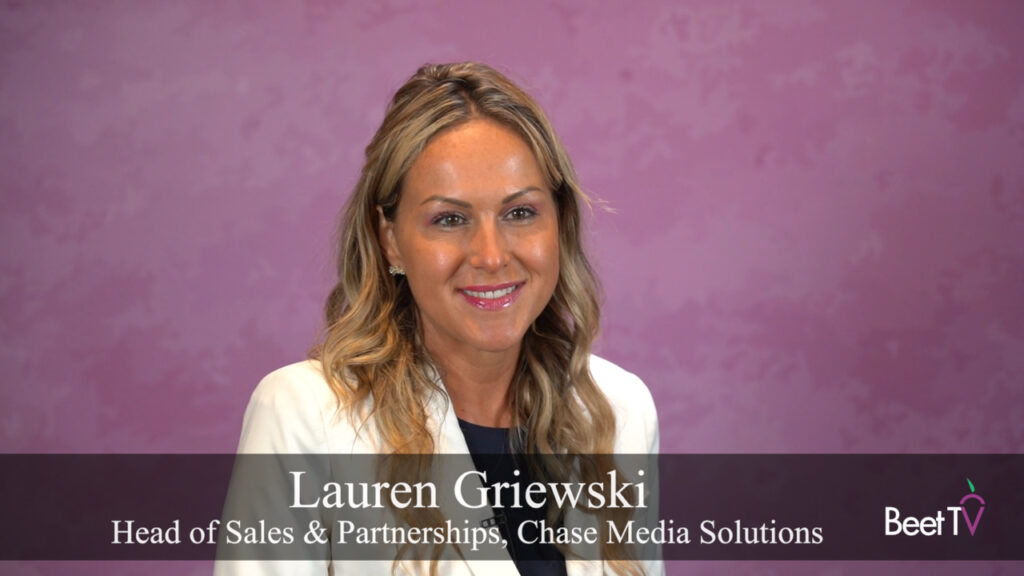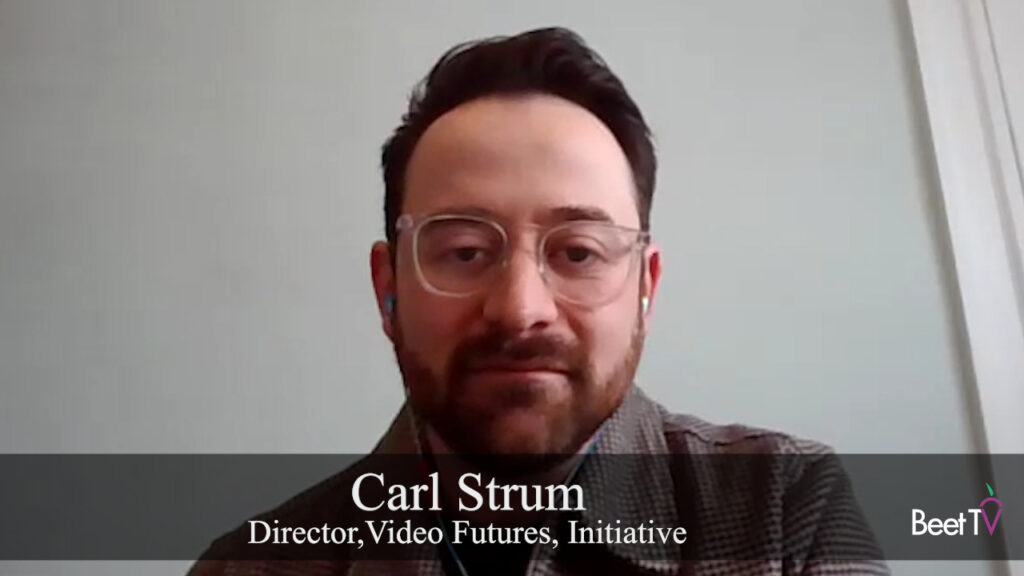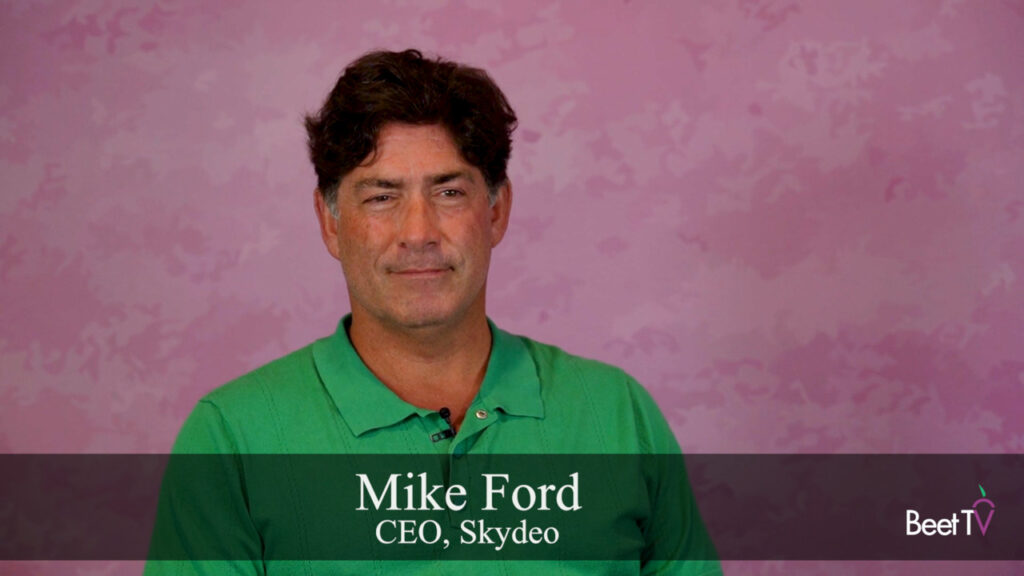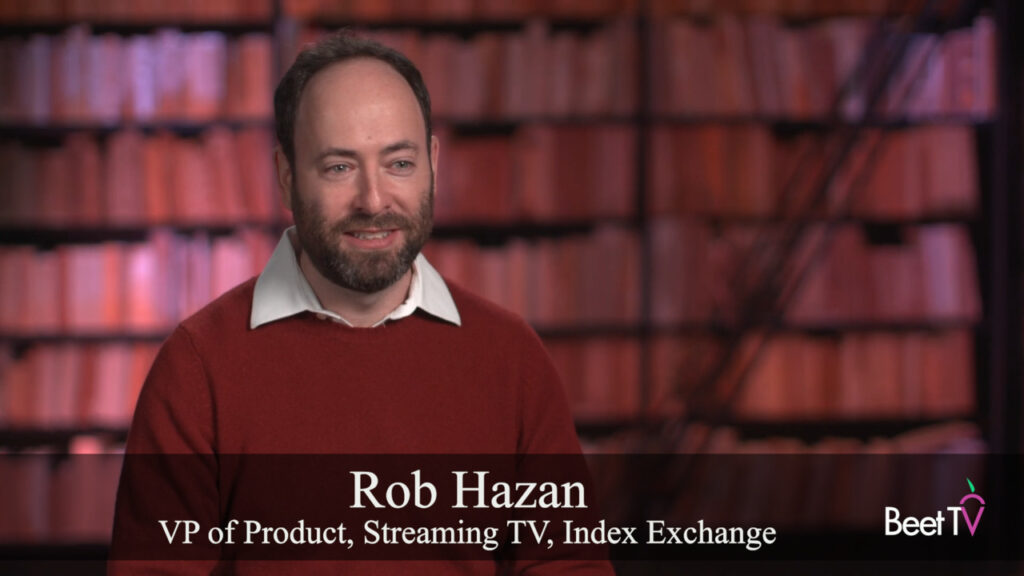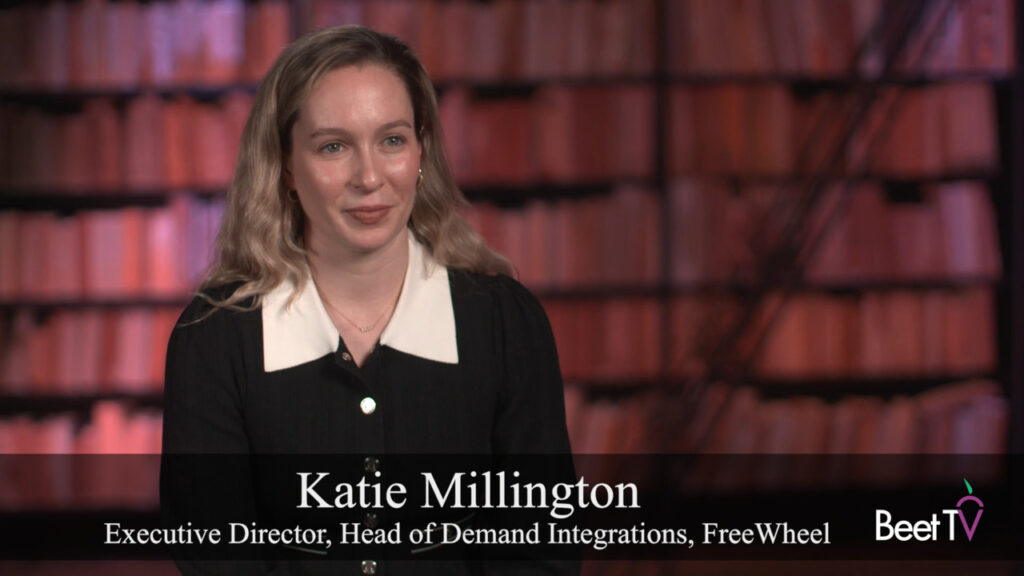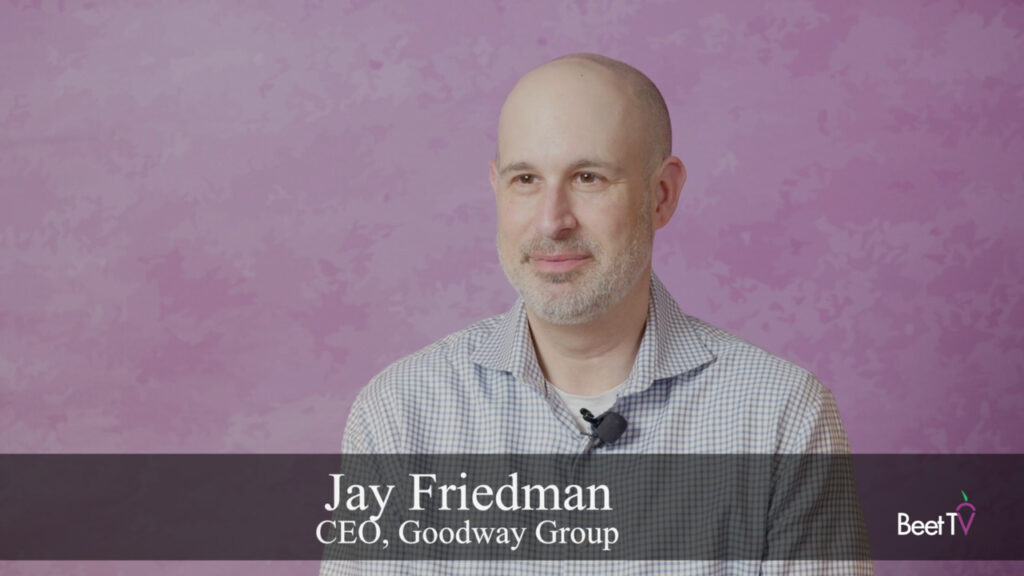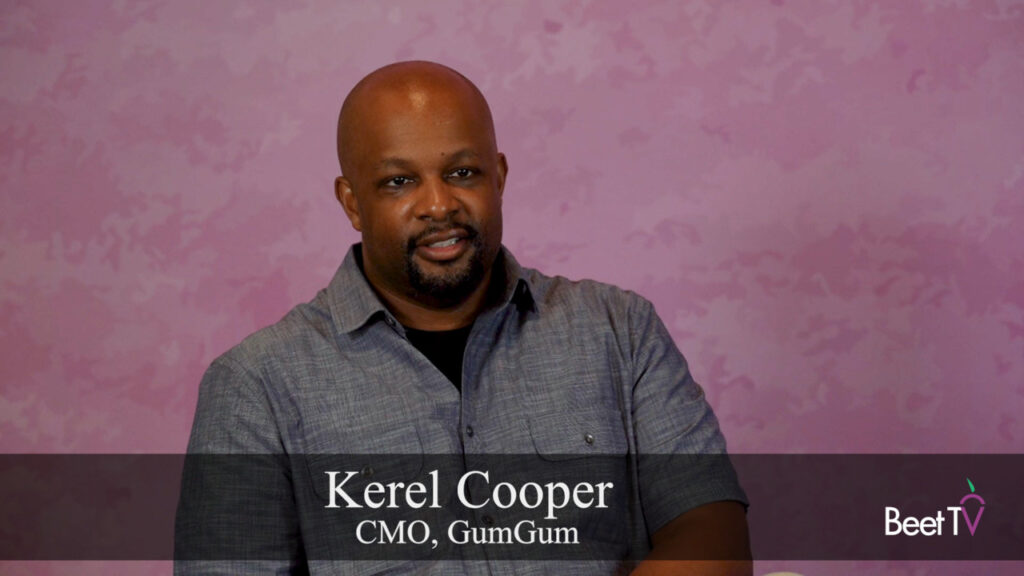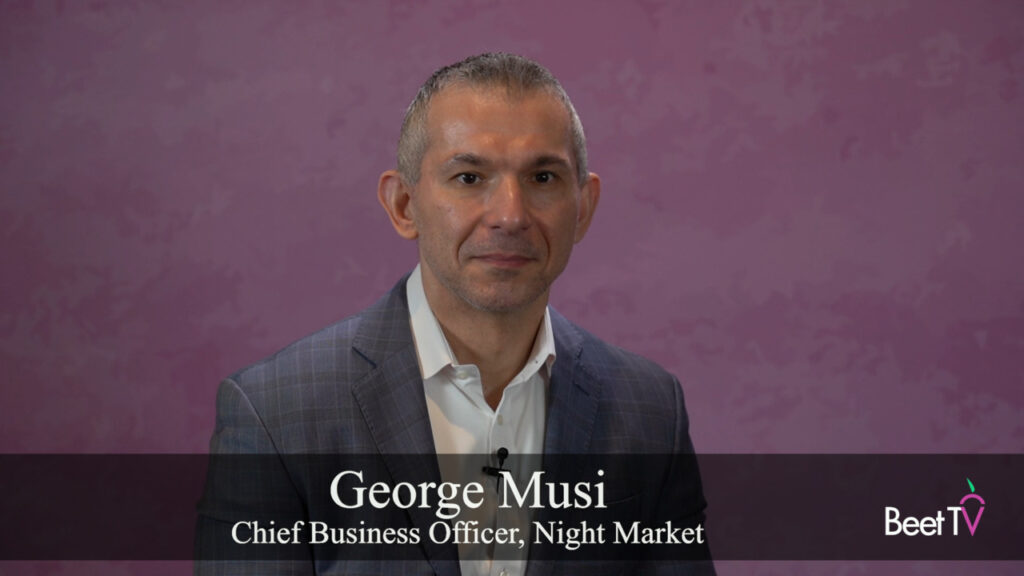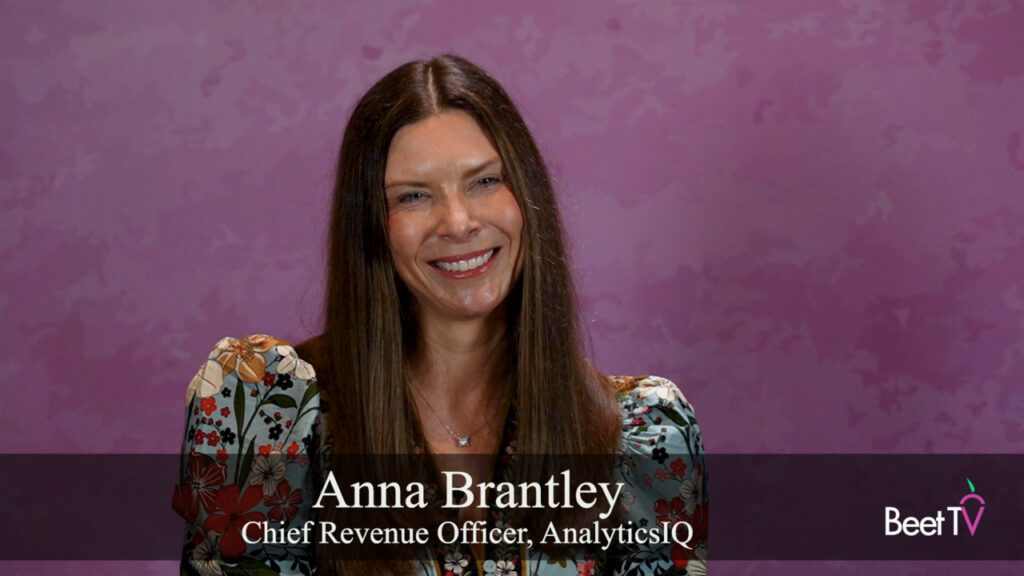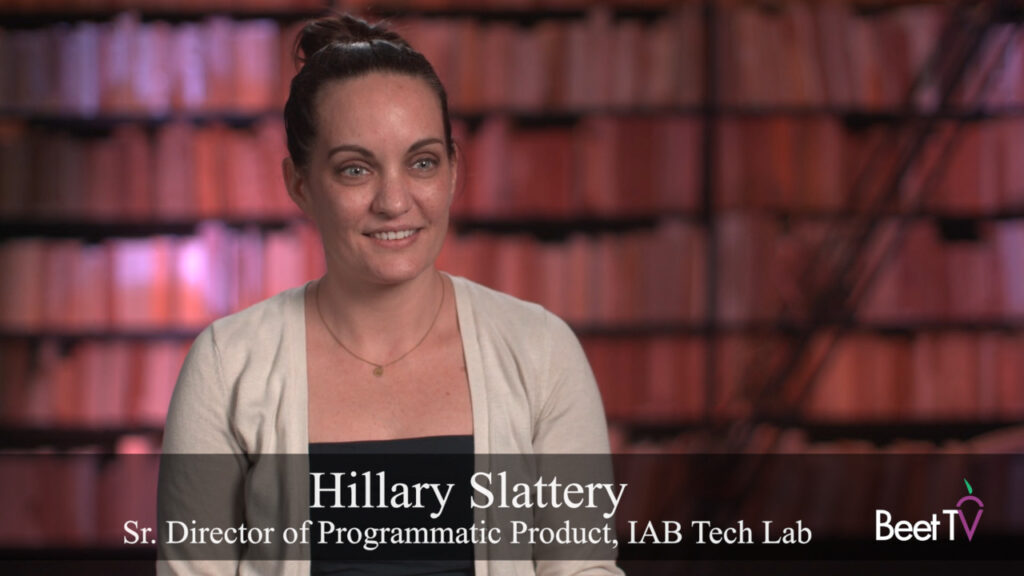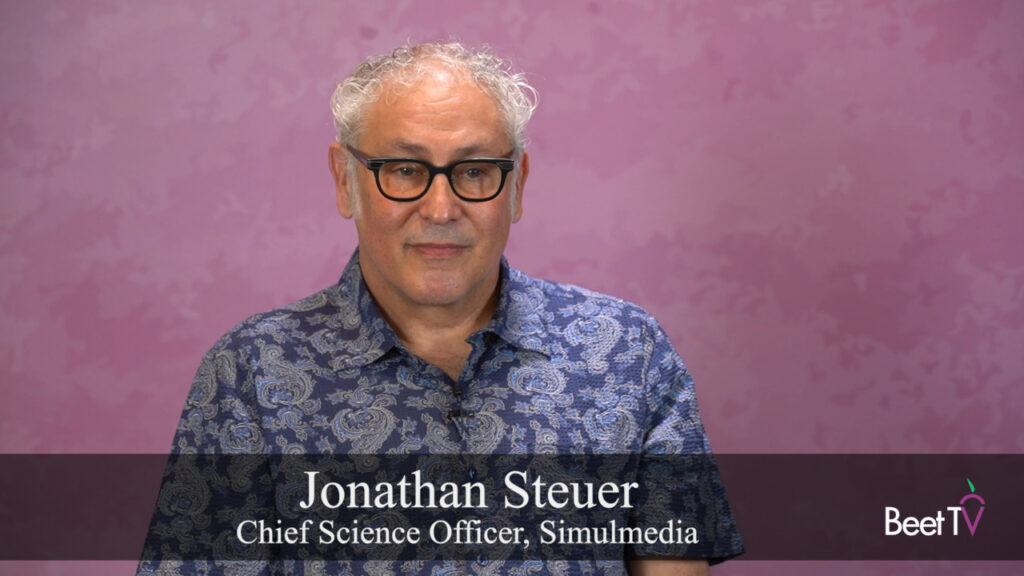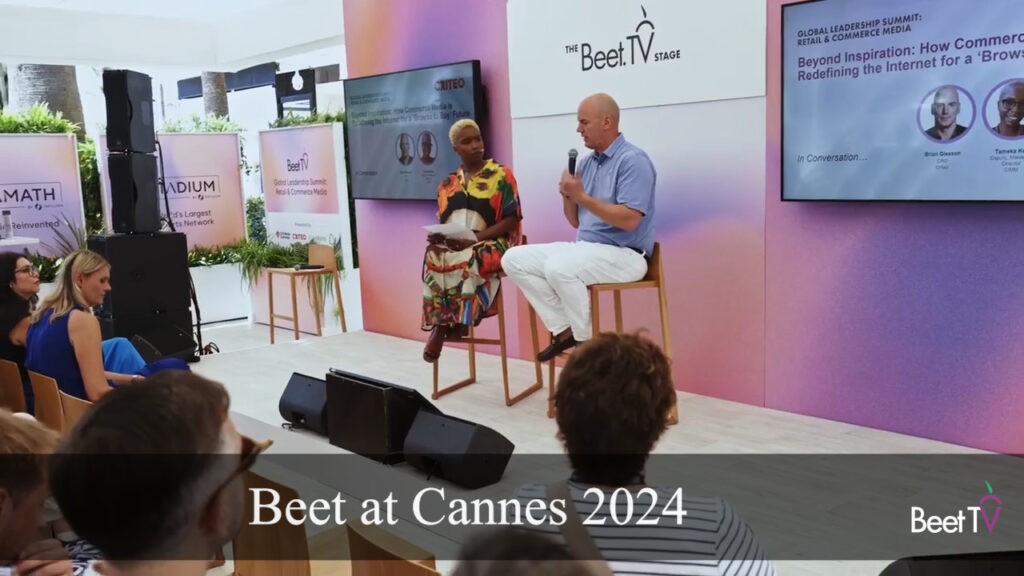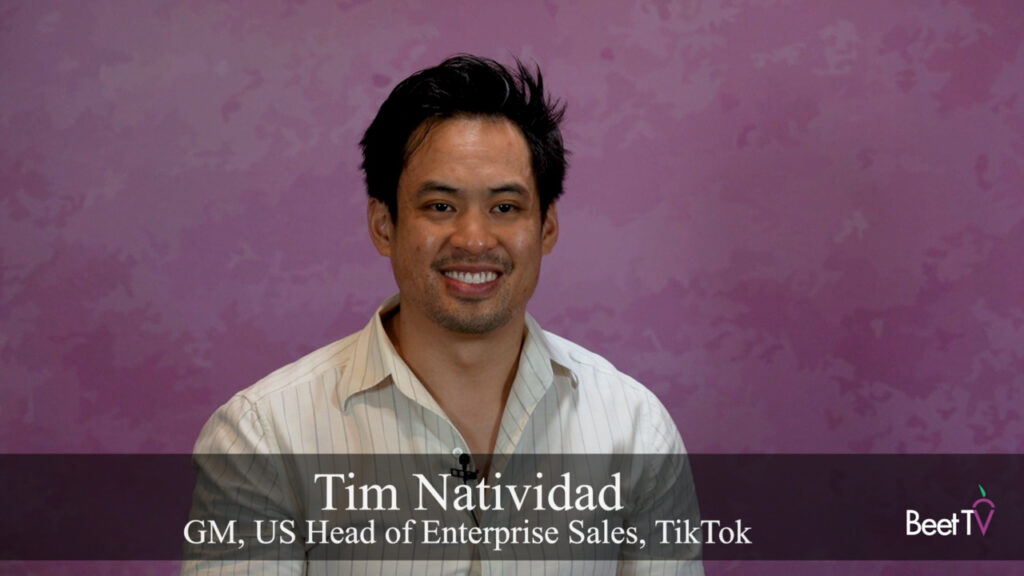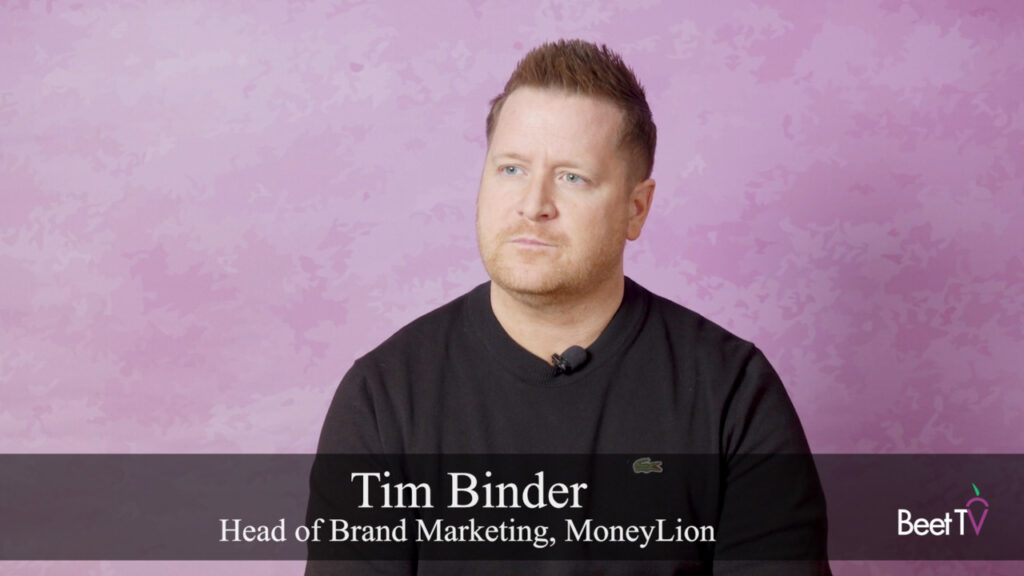AMENIA, N.Y. — The digital ad industry has been preparing for a cookieless future. While Google’s surprise decision not to deprecate cookies in its Chrome browser may reduce the urgency of the move, it won’t necessarily change the fundamental trajectory.
“The cookie itself is just one tool as a means to reach those actual audiences and the true identity of someone,” Liane Nadeau, executive vice president and head of media investment at Digitas North America, said in this video interview with Beet.TV contributor Rob Williams at the Beet Retreat Berkshires 2024.
While cookies are an “inaccurate identifier for reaching audiences”, the threat of their deprecation had helpfully “forced us to get to a place where we’re ready for a cookieless future”, Nadeau says.
Cookies Just One Piece Of The Puzzle
The marketing industry’s march toward alternative identity solutions was not kick-started by the Chrome question alone. GDPR and CCPA also ignited Apple’s move to change mobile device identifiers.
The industry has since been moving to alternative forms of identifying audiences, including by gathering first-party data.
Digitas’ parent company Publicis Groupe acquired identity platform Epsilon several years ago. Nadeau explains that Epsilon’s CORE ID has persistent identity for over 250 million people in the US with over 7,000 attributes about each individual.
“All of our advertisers and brands and agencies can tap into that identity, better understand consumers, learn more about them, so we can better reach them and create messages that better resonate with them,” she says. Epsilon’s platform also allows those audiences to be pushed into buying platforms for real-time targeting.
Navigating the Cookie Future
Cookies will still have application, then. But many think that challenges around cookies will persist, while the industry will continue adopting additional approaches.
“Cookies can help complement how we find those people,” Nadeau adds. “It serves as an identifier, albeit a little bit of a tricky one to reach those audiences, but it is not in and of itself an audience identifier.”
Despite Google’s stay of execution for cookies, Nadeau believes privacy challenges will continue. She expects Google will give consumers the ability to opt out of cookies, but is calling for those controls to be readily accessible.
Google itself has said it will continue to roll out Privacy Sandbox APIs and a “new experience” for privacy in Chrome.
Toward ‘One-To-Some’
Looking ahead, Nadeau would like to see a push back towards “one to some” rather than one-to-one personalization. She believes the pendulum swung too far in the direction of hyper-personalization, which only makes sense for a small subset of high-value purchases.
“For the majority of advertisers, especially those in categories like QSR and CPG, who really have broad audiences, it is challenging because personalization still matters and you still need to be speaking to someone in a way that resonates with them.
”But it doesn’t need to be one-to-one,” Nadeau says. “I think we’re starting to see the pendulum swing back to the middle on this one to some.”
You’re watching “Beet Retreat Berkshires 2024”. For more videos from this series, please visit this page.



















